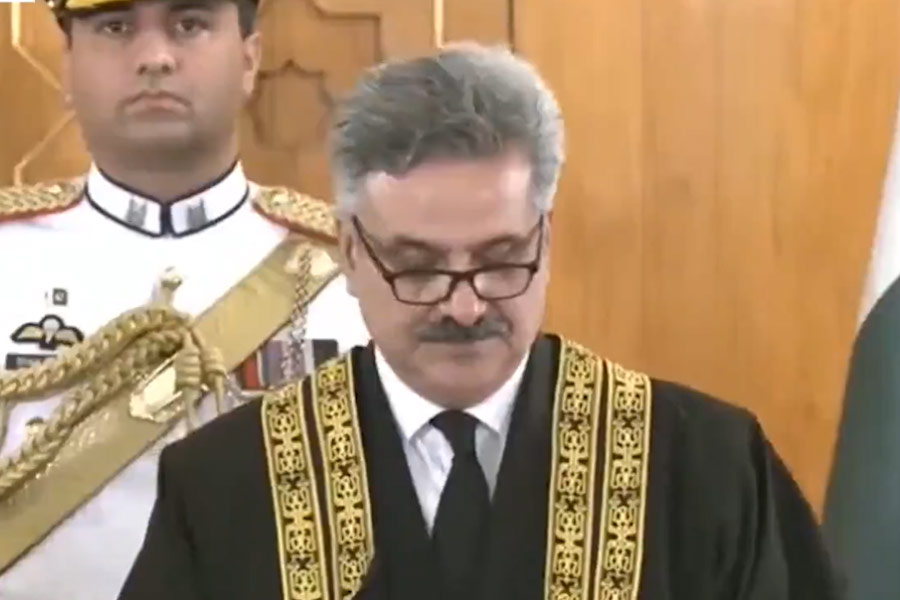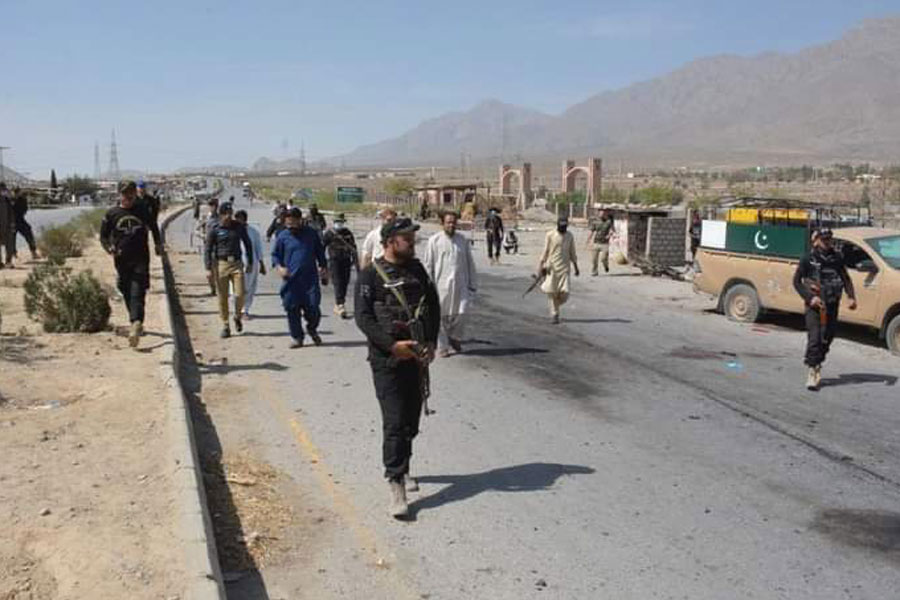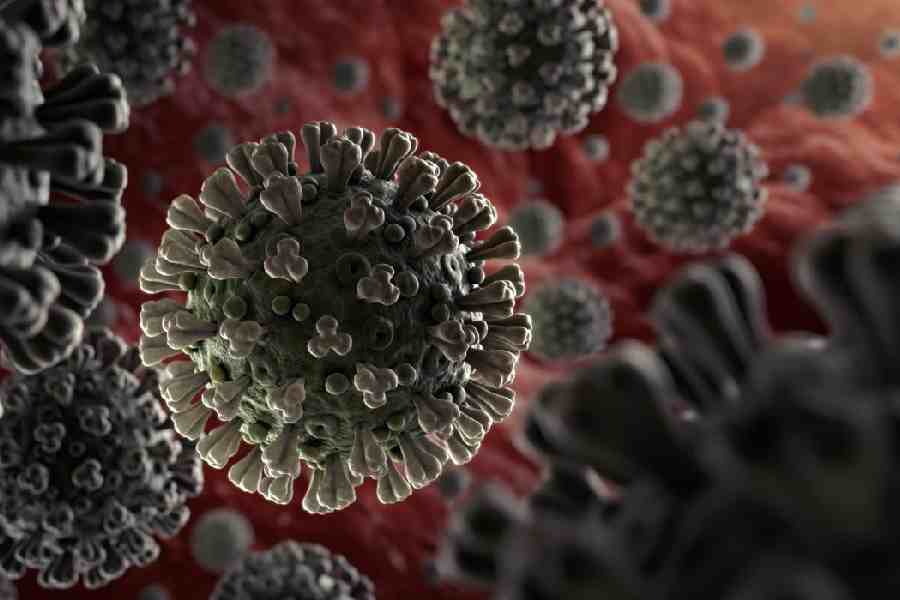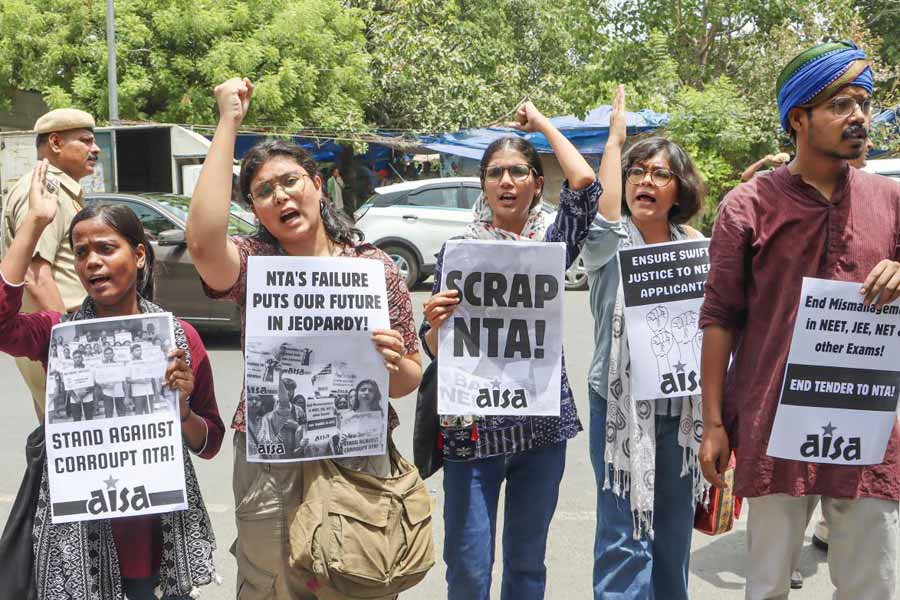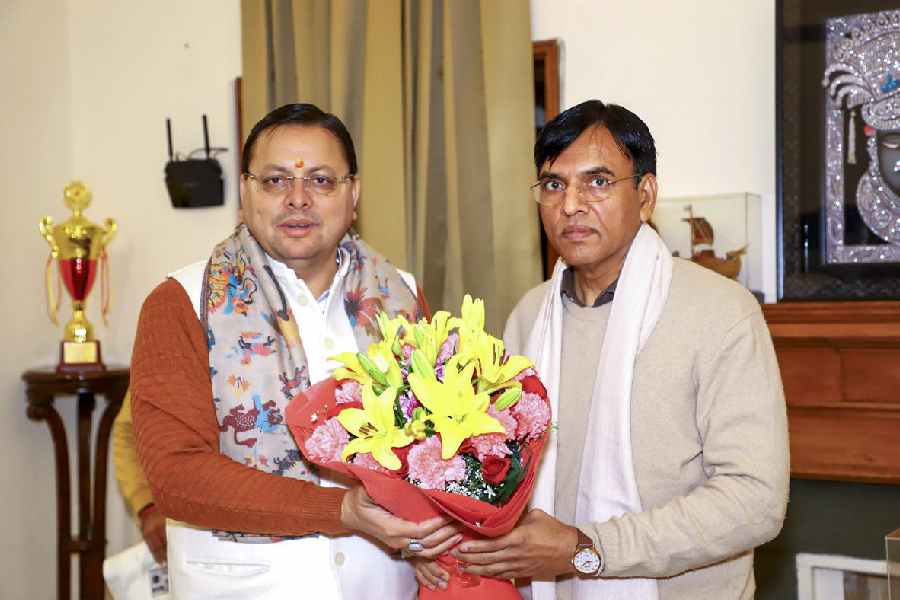Justice Yahya Afridi took oath as the 30th Chief Justice of Pakistan on Saturday in a ceremony attended by top government officials.
He replaced Qazi Faez Isa, who retired on Friday after reaching superannuation at the age of 65.
President Asif Ali Zardari administered the oath to the new chief justice as required under the Constitution of Pakistan.
Prime Minister Shehbaz Sharif, cabinet ministers, services chief, other officials and leading civilians attended the ceremony held at the President's House. Justice Afridi was nominated as chief justice by a Special Parliamentary Committee (SPC) formed after the recently adopted 26th Constitutional Amendment, which brought numerous changes to the judiciary.
The SPC decided on the appointment against the previous rule by which the senior-most judge became the top judge under the seniority principle.
Under the old rule, senior puisne judge Justice Mansoor Ali Shah would have become the next chief.
Justice Afridi was the third on the seniority list of the judges and was among the top three judges sent to the SPC to nominate one as the chief justice.
Afridi was elevated to the apex court in June 2018. He took oath as the youngest chief justice of the Peshawar High Court (PHC) in December 2016.
Born on January 23, 1965, and hailing from Kohat Frontier Region, he also has the distinction of becoming the first chief justice of the high court from the erstwhile Federally Administered Tribal Areas.
He was elevated to the high court as an additional judge on March 15, 2010, and subsequently, was confirmed as permanent judge of the high court on March 15, 2012.
He was enrolled as an advocate of the High Court in 1991 and that of the Supreme Court in 2004.
Justice Afridi did his LLB from Law College, Punjab University, in 1988 and his LLM from Jesus College, Cambridge University, UK, in 1990.
The new chief justice faces the daunting task of delivering justice as he steps into the role with the tag of being favoured by the government and the powerful military establishment.
Justice Afridi would be tested with several constitutional and political cases that he would have to tackle and decide on in the coming weeks and months.
Except for the headline, this story has not been edited by The Telegraph Online staff and has been published from a syndicated feed.

